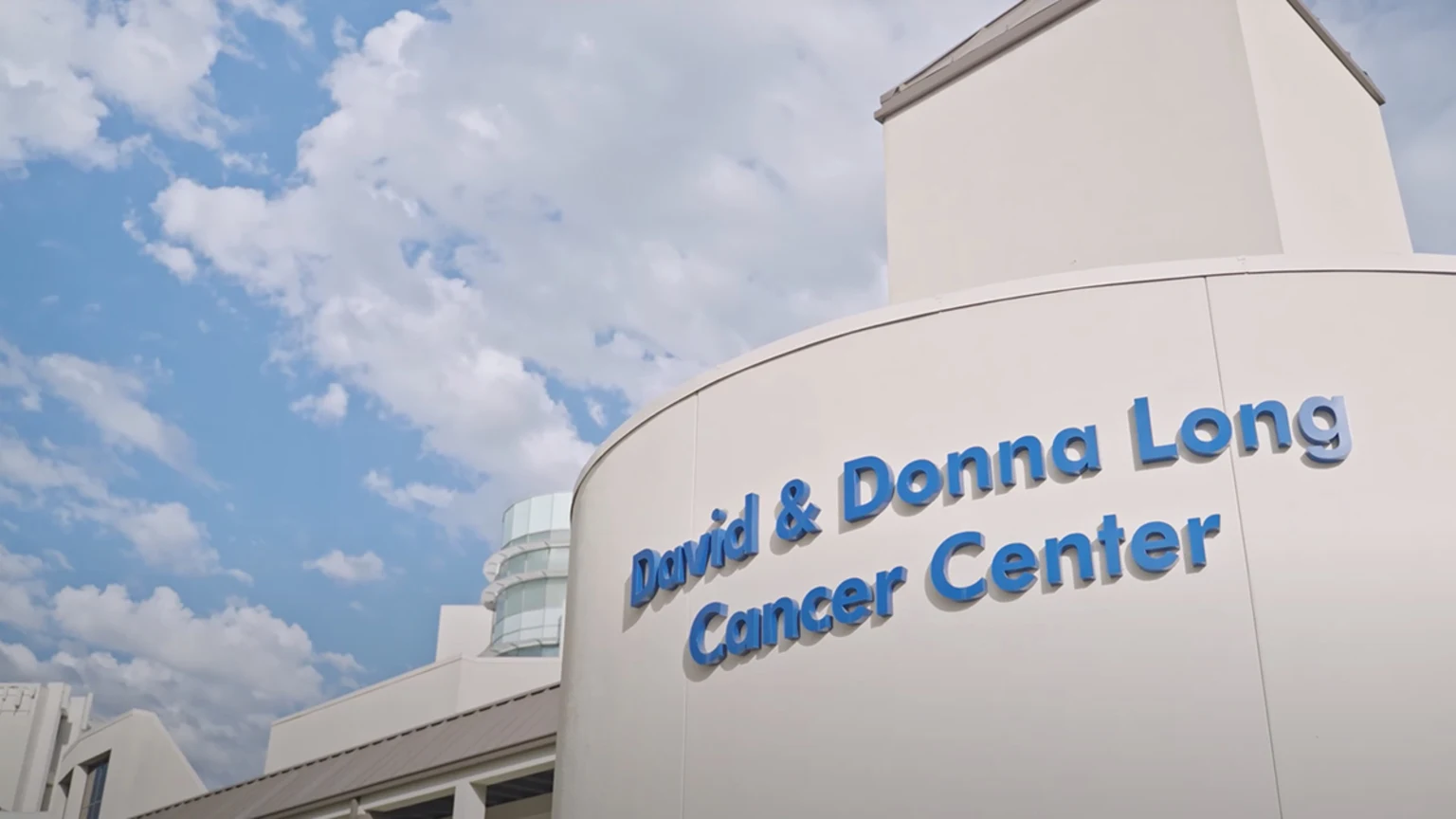San Diego oncologists and cancer treatments
At the Cancer Centers of Sharp HealthCare, we deliver extraordinary cancer care with expertise and compassion.

Find an oncologist near you
Choose the San Diego cancer specialist who's right for you.
At the Cancer Centers of Sharp HealthCare, we're advancing the way we treat cancer. Our cancer program is nationally accredited by the U.S. Commission on Cancer, so you and your loved ones can rest assured that you’re receiving the highest-quality care, close to home.
We also provide second opinion services for patients outside of Sharp, who have recently been diagnosed with cancer.
Conditions and types of cancer
We combine the science of medicine with the art of caring to treat nearly all types of cancer.
Appendix cancer
Bile duct cancer
Bladder cancer
Bone and soft tissue sarcomas
Esophageal cancer
Gallbladder and bile duct cancer
Kidney cancer
Leukemia
Liver cancer
Lymphoma (Hodgkin and non-Hodgkin lymphoma)
Mesothelioma
Multiple myeloma
Pancreatic cancer
Stomach and small bowel cancer
Testicular cancer
Thyroid cancer
Vaginal and vulvar cancer

Let us help you find a doctor
Contact us for help in scheduling an appointment with a cancer specialist at Sharp.
Cancer treatments
Every cancer experience is different. We provide comprehensive, innovative treatment options tailored to you. Treatments may include:
Advanced diagnostics — Sharp offers the latest technology for diagnosing cancer and understanding the extent of the disease to help develop the best treatment plan. Our full range of imaging tools include state-of-the-art CT, PET, MRI and ultrasound. We also use advanced techniques for obtaining biopsies and analyzing tissue samples.
Surgery — Minimally invasive techniques as well as robotic-assisted procedures, which provide greater precision and enhanced visibility compared to traditional surgical techniques.
Chemotherapy and immunotherapy — Medication that either targets cancer cells directly or harnesses your immune system to attack cancer cells.
Radiation therapy — Radiation that precisely targets cancerous tumors while protecting surrounding healthy tissue.
Clinical trials — Access to new therapies and treatments through our clinical trials program.

Recognized for excellence in cancer care
National distinction for advancing cancer care through groundbreaking research, innovative treatments and transformative clinical trials.
Frequently asked questions
Watch our videos
Experience our cancer classes and support groups
San Diego cancer care locations
We offer cancer care at hospitals across San Diego — from South Bay to East County to Kearny Mesa.



